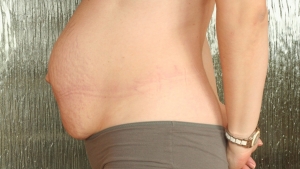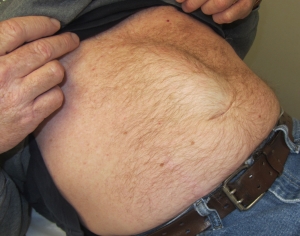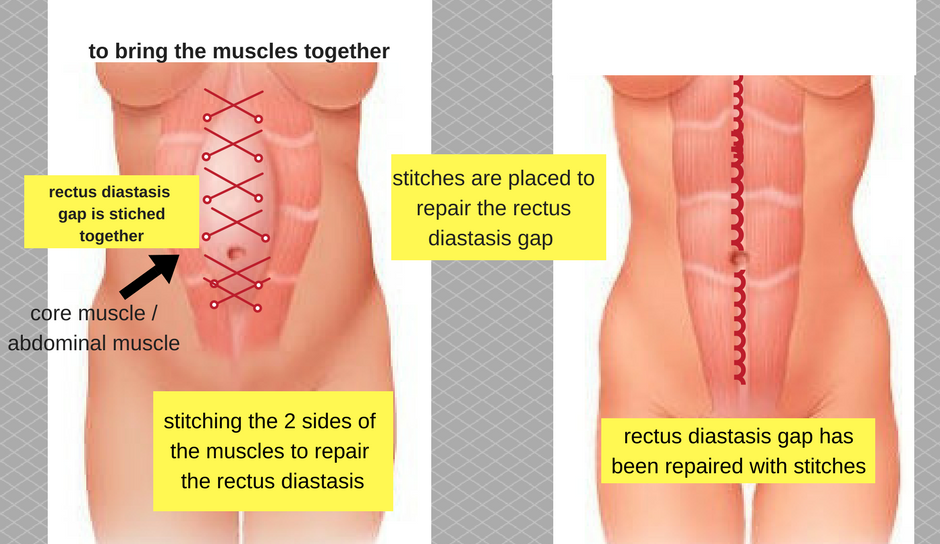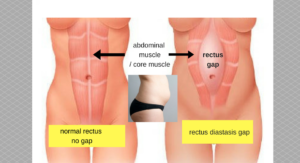Repair the Rectus Diastasis


Who can get this problem of rectus diastasis?
This rectus diastasis can happen to anyone, both male and female, and it can affect those who:
– suffers from unstable weight gain and loss
– post-pregnancy women
– can be idiopathic – meaning anyone can get it at any point in their life.
Are Your Symptoms Affecting Your Quality Of Life?
Consult our internationally-accredited surgeon for a detailed assessment today.
How do you treat rectus diastasis?
For those lucky ones who managed to detect it early when their rectus diastasis gap is very small (less than 1- 2 cm), management is possible with the help of a physiotherapist or physical educator. Note that this management may be limited to a certain extent and may only be possible if there are no other medical issues.
Often, many are not so lucky. When they seek help, the rectus gap is usually already wider than 2-3 cm. It’s common to see them suffering from chronic back pains and aches and pelvic floor dysfunctions. In such cases, surgical intervention is recommended.
How long is the surgery?
Surgery time will depend on the individual case, complexity, severity of the rectus diastasis gap and surgical method. It can last for two to four hours.
What is the recovery like?
There are different phases of recovery for this surgery. It requires a minimum of an overnight stay in the hospital. Patients are advised to rest and limit movement for at least a week after the procedure. Light exercises are possible a month after the surgery. Any strenuous activities such as playing tennis, golf, or marathons will be from three months onwards, depending on individual recovery.
Is this surgery covered by medical insurance?
Depending on the severity of our symptoms, it can be classified as a medical condition, and your medical insurance can cover the surgical repair.
To know more about the above procedure or if you suspect you might have a rectus diastasis problem , call us at our clinic at 65-64648075 for an appointment to consult Dr Marco.
Our Clinic Location
Mount Elizabeth Novena Specialist Centre
#10-26/27,
38 Irrawaddy Road
Singapore 329563





